Explore

© 2023 Eric Wong Real Estate. All Rights Reserved.
This frequently asked question cannot be answered with a simple or general answer. Every real estate market is different, which means that the best time to sell a property will be different from community to community. In most cases, the spring months are the best time to be selling a property as that is when many people are looking to invests or make a move.
Since every home seller’s situation is different, you should discuss the timing of your home sale with your Realtor. In some cases, selling a property during the fall and winter months might be better than waiting until the spring real estate market due to many factors including lower competition.
There are several things you need to know before listing your property for sale. Not properly preparing a property before listing it for sale can put a homeowner at a huge disadvantage, costing them time and money.
The expression “You never get a second chance to make a first impression” is absolutely true when it comes to selling a home. When selling a property, you must be sure that your property presents itself in the best possible light. Making sure clutter is at a minimum, freshly painting rooms, installing new carpeting, or ensuring odours are non-existent are just a handful of things that should be considered before listing your property for sale.
A comprehensive marketing plan is something that you should expect from your Realtor when selling a home. The days of placing a sign in front of a property and waiting for someone to buy it, are over. With the evolution and impact of the internet on the real estate industry, it’s critical that not only is your property marketed through “traditional” avenues, such as newspapers and mailings, but it must also get maximum exposure online. An experienced Realtor should have a quality website, creative marketing ideas, and a strong social media presence.
Preparing a home for showings can be a job in itself. That’s why you should leave it to the professionals. A great Realtor will have a team of cleaners, movers, stagers and other professionals to ensure your property is showing at its best. A home that is well prepared for showings will absolutely sell faster than its competition.
Easy question to answer – No! There are many reasons why sellers should not be present during showings. The primary reason why you should not be present at showings of your home is that potential buyers can feel uncomfortable talking openly and freely with their Realtor about the property. They do not want to say something that could offend you, the seller. The best idea is to leave shortly before the scheduled showing and come back once you are certain the buyer and their Realtor have left your home.
You should get pre-approved for a mortgage; this will let you know how much of a mortgage you can borrow. Knowing this allows you to narrow your search to suitable properties and not waste time on properties outside of your buying power. The mortgage estimate also gives insight into how much money will be required for the down payment and closing costs. With a pre-approval, property sellers will have confidence that you are a serious buyer.
It doesn’t cost you anything. Agents who represent buyers are compensated by the listing broker for bringing a buyer to the property. When the property is sold, the listing broker splits the listing fee with the buyer’s agent.
Sellers can simply accept or reject any offer. But there is a third path that is quite common, sellers can initiate a counter-offer. You and your agent would review the counter-offer to determine whether or not it is acceptable. If you accept it, then approving it closes the deal immediately. Keep in mind, offers and counter-offers can go back and forth many times; this is not unusual, and negotiations are a part of what Realtors do as a matter of routine. Each revision should bring both parties closer together on the terms of the deal.
Closing costs will typically range from 1.5 – 4% of the home’s purchase price. These include things like legal and administrative fees and are payable on closing. You can expect to pay for your property inspection, mortgage default insurance, if your down payment is less than 20 percent of the purchase price, the Land Transfer Taxes, lawyer fees, appraisal fee, and property taxes, among other things. Make sure you budget for this! On a $500,000 property, closing costs can range from $7,500 – $20,000
A condo is short for “condominium” and is typically a residence owned by a family or individual in a community building. Condos are different from a standard apartment because they have shared common areas which include gyms, garages, spas, pools, yards and even shops, depending on location. These amenities are maintained through dues paid by condo owners to an elected condo board. These fees are for the up-keep of common areas and not for repairs that happen inside of your condo such as a leaky faucet or broken fridge.
In a condo, you own the actual structure of the building with other owners in the association. A townhouse refers to a style of a building and has nothing to do with associations or management of the property. When someone lives in a condo it is assumed they have an association and rules that regulate the common areas. A townhouse can belong to an association, but it is not assumed since it only refers to the style of construction (typically two stories with shared walls to other townhouses in the row).

© 2023 Eric Wong Real Estate. All Rights Reserved.